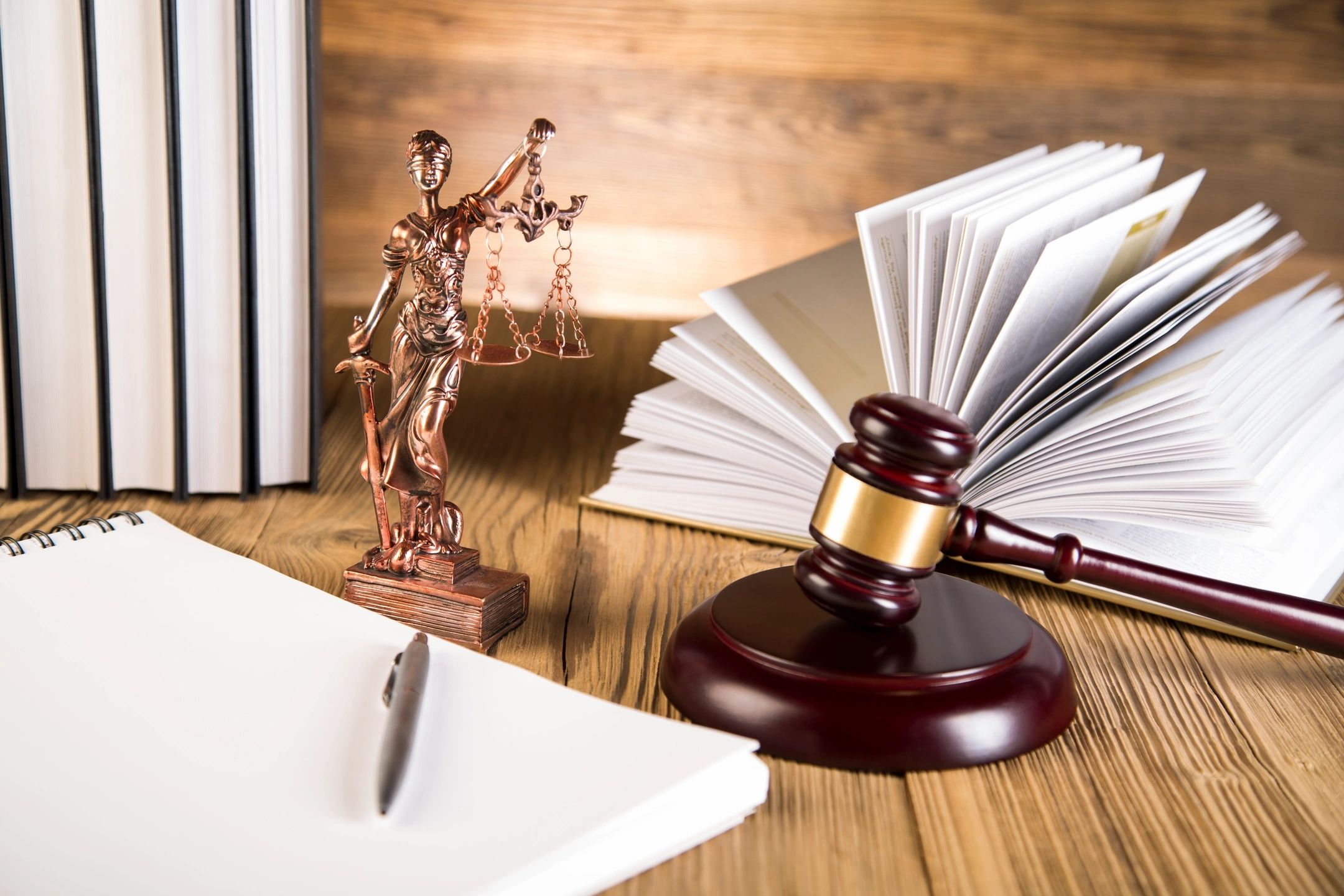Legal Procedures for Filing a Property Eviction Lawsuit in the Emirate of Dubai
The Emirate of Dubai has a comprehensive legal system that governs the relationship between landlords and tenants, The existing laws empower landlords to file eviction lawsuits against tenants under specific conditions and procedures.
Accordingly, the objective of this article is to provide a detailed analysis of these legal procedures and to examine the circumstances that entitle a landlord to file an eviction lawsuit
Legal Framework:
The legal procedures for filing an eviction lawsuit for a property in the Emirate of Dubai are based on the Law Regulating the Relationship between Landlords and Tenants in Dubai, issued by Law No. (33) of 2008, which amended some provisions of Law No. (26) of 2007. These procedures are also based on the regulations and systems of the Dubai Land Department.
Grounds for Filing an Eviction Lawsuit for a Property in Dubai
1- Grounds for Eviction Before the Lease Expiration
- Non-payment of rent: If the tenant fails to pay the rent or any part thereof within 30 days from the date of notification to the tenant.
- Subletting: If the tenant sublets the property without the written consent of the landlord.
- Illegal use: If the tenant uses the property for an illegal purpose or in violation of public order or public morals.
- Vacating a commercial property: If the tenant leaves a commercial property unoccupied for 30 consecutive days or 90 non-consecutive days in one year.
- Causing substantial changes: If the tenant makes changes that jeopardize the safety of the property or affect it in a way that makes it difficult to restore it to its original condition.
- Using the property for a purpose other than that for which it was leased: If the tenant uses the property in violation of planning and building regulations.
2- Grounds for Eviction Upon Lease Expiration
According to Article 25 of the same law, the landlord may request the eviction of the tenant upon lease expiration in the following circumstances:
- Demolition of the property for reconstruction: If the landlord wishes to demolish the property and rebuild it.
- Major maintenance: If the property requires major maintenance that cannot be carried out while the tenant is in residence.
- Personal use: If the landlord or one of his first-degree relatives wishes to use the property for personal purposes.
- Sale of the property: If the landlord wishes to sell the property.
Legal Procedures for Filing an Eviction Lawsuit
1. Notifying the Tenant:
The landlord must notify the tenant of the request to evict the property through a notary public or registered mail. The notice should clearly state the reasons for eviction and the timeframe allowed for the tenant to vacate the property.
2. Filing the Lawsuit:
If the tenant fails to respond to the notice, the landlord can file an eviction lawsuit against the tenant in the competent court of first instance. The lawsuit file should include all documents and evidence that support the validity of the claim. It is crucial for the landlord to retain all documents and correspondence that prove the notification of the tenant and any attempts to communicate with them regarding the eviction, as these documents will be critical in court.
3. Court Hearing
The court holds a hearing to consider the lawsuit and listens to the arguments of both parties. The court may order the eviction of the property if the conditions specified in the law are met.
4. Appeal
Either party can appeal the judgment of the court of first instance before the appellate court within 15 days from the date of issuing the judgment. The judgments of the appellate court are final and not subject to appeal.
5. Enforcement of the Judgment
The judgment issued by the court is enforced through the Execution Department of the Land and Property Department.
Frequently Asked Questions:
1. What is the duration of the eviction lawsuit?
Rental disputes are settled within a period not exceeding 30 days from the date of referring the case file to the committee.
2. Is it permissible for the tenant to withhold rent after the lawsuit is filed?
Filing an eviction lawsuit does not exempt the tenant from paying the rent for the entire period during which the lawsuit is considered, judgment is issued, and it is executed.
3. In case of eviction for personal use, can the property be rented to others?
The landlord may not rent the property to others except after at least two years for residential properties and three years for non-residential properties, unless the committee decides otherwise for valid reasons.
4. Does the lease agreement end upon the death of the landlord?
The lease agreement does not end upon the death of the landlord or the death of the tenant, and the relationship continues with the heirs of the deceased, unless the heirs of the tenant wish to terminate the rental relationship.
Our Legal Expertise in Rental Disputes:
Given the complexity of cases in which an eviction lawsuit can be filed, and the specific conditions outlined in the law, we strongly advise you to seek legal counsel. Amani Al-Kindi Law Office and Legal Consultations offers this service, drawing upon two decades of experience in the field of law and legal consultations. Our team of highly qualified legal professionals is committed to providing you with the maximum possible legal benefit through extensive experience in various fields of law.

